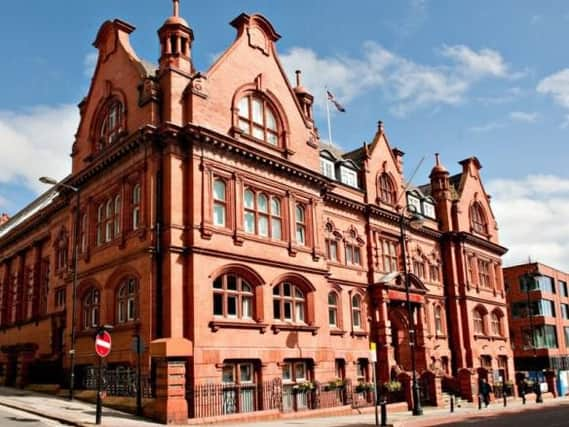Wigan Council's income up despite bills being frozen again


The Local Government Association, which represents councils in England, has said that “unprecedented cuts” have been driving council tax rates up across the country.
In Wigan, the council raised £114.5m from council tax between April and December last year, according to the latest figures from the Ministry of Housing, Communities and Local Government.
Advertisement
Hide AdAdvertisement
Hide AdThis was an increase of 4.1 per cent compared to the same period during the 2017-18 financial year, when it collected £109.9m.
But the town hall, which hasn’t put up its main bill (excluding a precept required from Government for social services) since 2013-14, puts the rise down to the fact there are simply more people living here.
Lesley O’Halloran, assistant director of customer services at Wigan Council, said: “Last year, we froze general council tax for the fifth year running and no extra increases were added aside from the three per cent precept to fund adult social care.
“There has been significant housing development across the borough in 2018/19, which led to an increase in the number of properties and therefore the number of council tax bills being raised during that period.
Advertisement
Hide AdAdvertisement
Hide Ad“Although the level of collectible council tax has increased, our council tax collection rates have remained comparatively consistent, due to improvements in the administration and collection processes across that period, which saw more efficient billing and updating of accounts.”
The average council tax bill for a band D property in Wigan increased by three per cent between 2017-18 and 2018-19 – lower than the average 5.1 per cent increase seen across England, but that was due to the social services precept.
Fewer low-income households are claiming a discount on their council tax, with the number of claimants falling from 27,851 to 27,483 last year, a drop of one per cent.
Across England, council tax income increased by 6.4 per cent over the same period, climbing to £25.2bn for the nine-month period.
Advertisement
Hide AdAdvertisement
Hide AdAnd as far as not putting up bills, Wigan is an exception, an LGA spokesman saying of the majority: “Councils do all they can to keep council tax as low as possible but, faced with unprecedented funding cuts, are increasingly being left with no choice but to increase it to help fund vital services.
“Councils will be asking people to pay similar levels of council tax this year while at the same time warning communities that the quality and quantity of services they enjoy could drop.”
Local authorities face a funding gap of £8bn by 2025, he added, warning the Government’s upcoming Spending Review would be “make or break” for local services.
The Taxpayers’ Alliance has rejected the claims, however, saying councils are wasting money on high salaries, parties, and PR departments.
Advertisement
Hide AdAdvertisement
Hide AdChief executive John O’Connell said: “Household budgets are under strain and hard-pressed families simply cannot afford these sharp inrises to their council tax bill.”
The LGA said many councils had “little choice” but to reduce the discounts on offer.
The Ministry of Housing, Communities and Local Government said other factors could be behind increases in council tax revenue, including collection of historic council tax debt or a growth in the number of homes in an area.
A spokeswoman said: “We are providing local authorities with access to £91.5bn over the next two years to help councils meet their residents’ needs.
“Councils, not central government, are responsible for managing their own resources, including the collection of council tax. Taxpayers can veto excessive increases via a local referendum.”